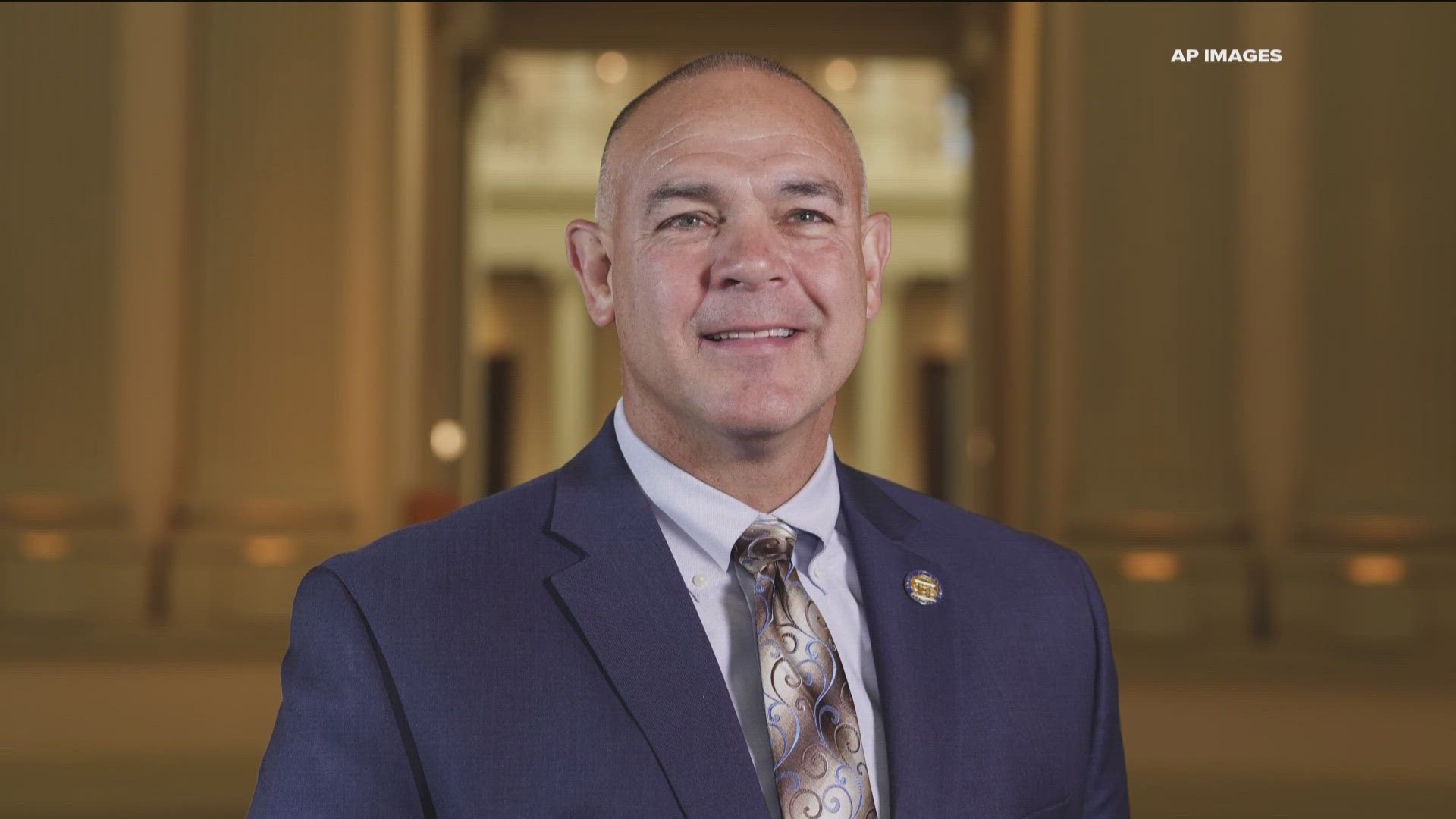More women are running for the U.S. Senate and House of Representatives than any time in history, besting their record set two years ago. But they are still underrepresented among all candidates running for office.
The Center of American Women and Politics at Rutgers University says 584 women have filed to run for seats in the House in 2020, up from the previous record of 476 in 2018. Filing deadlines have closed.
The records are being set on both sides of the aisle. For Republicans, 227 women are running, up from the previous record of 133 in 2010. Of those, a record 63 women have already advanced past the primaries with 19 states still to hold their contests.
Among Democrats, 357 women are running -- one more than in 2018. With 19 states to go, 135 Democratic women have secured House nominations, short of the record 182 in 2018.
Despite those record numbers, women made up just 29% of all U.S. House candidates before the primaries.
“In 2020, we’re surpassing the records of just two years ago, an encouraging sign that we could be entering a new era of women’s political participation,” CAWP Director Debbie Walsh said in a statement. “But electoral progress for women should be the norm, not the exception, in a political system where women remain significantly underrepresented as officeholders.”
In the Senate, a total of 60 women have filed to run, up from the 2018 record of 53. Both Republicans (23) and Democrats (37) have set new high-water marks for the number of women running.
But like the House, they remain underrepresented in the Senate races -- 23.8%
It could very well also be a record-breaking season for head-to-head contests involving just women in the general election. If you subtract third-party candidates, who rarely win congressional races, there are 33 such matchups confirmed with 19 states still to hold primaries.
CAWP says 127 women (105 Democrats, 22 Republicans) hold seats in Congress. That's 23.7% of the 535 total seats.



